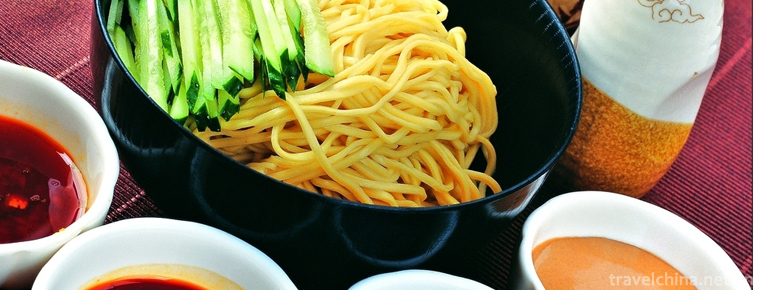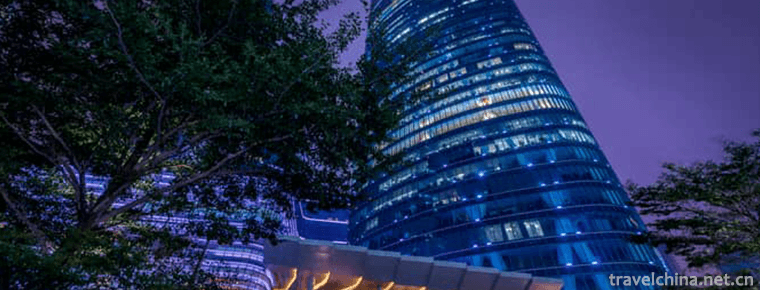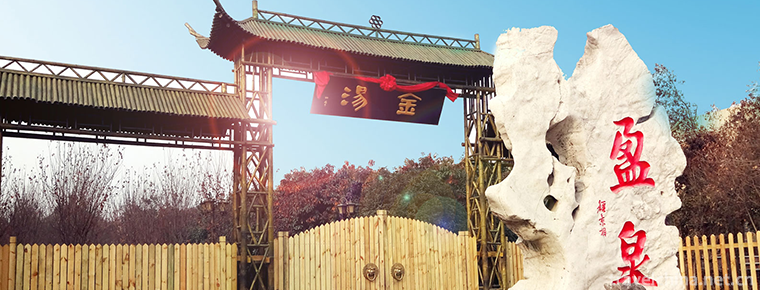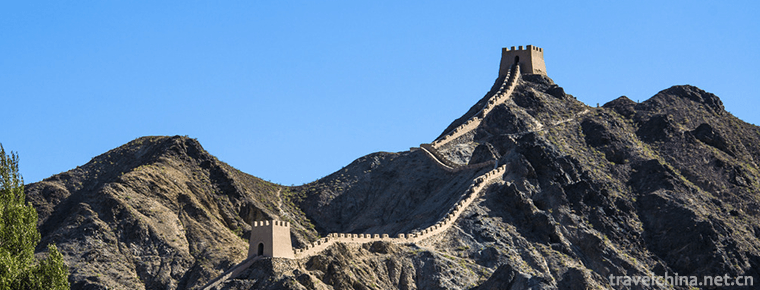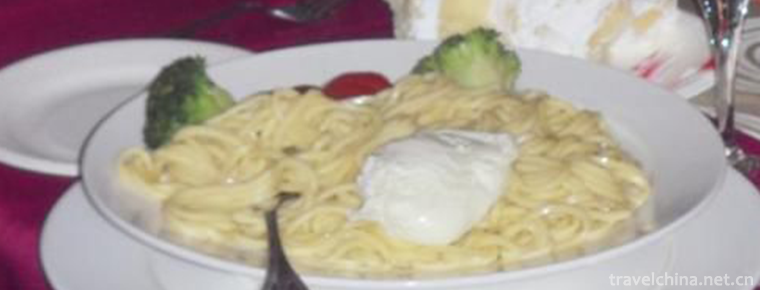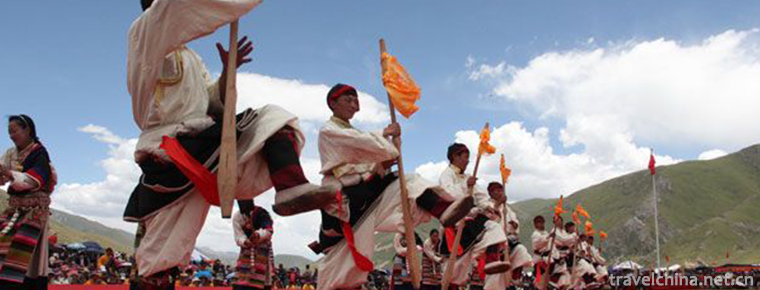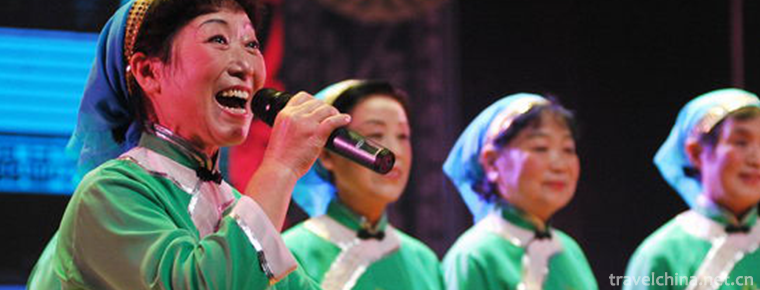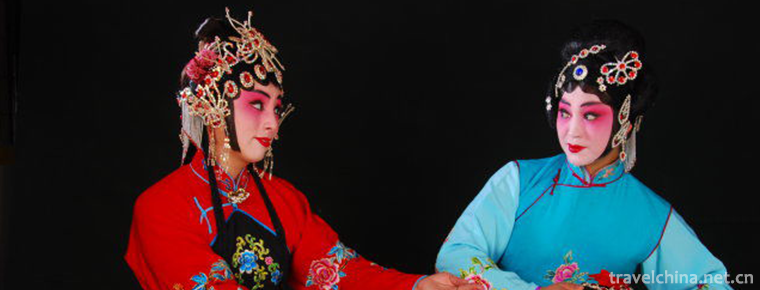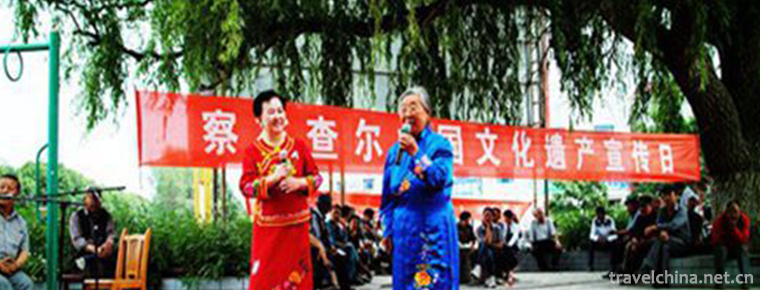Panzhihua after liberation
Panzhihua after liberation
After liberation, Miyi County was established in some areas of Huili and Dechang in 1951, and renamed as Miyi County the next year, which was subordinate to Xichang District of Xikang province (due to its unique climate, rich products, especially rich in rice, and three crops a year, "Miyi" finally evolved into the current "Miyi"). In 1955, Xikang province was abolished, and Huili, Miyi and Yanbian counties were attached to Sichuan Province with Xichang Prefecture. The city is located in the western part of the Yangtze River. It belongs to Huaping County, Lijiang District, Yunnan Province, and Yongren County, Chuxiong District, south of the Yangtze River. In 1958, Yongsheng County and Huaping County were Yonghua County, Yongren County was incorporated into Dayao County, and the two cities were also changed. In 1961, the system of Huaping County and Yongren County was restored, and the western part of the city was under Huaping, and the south of the Yangtze River was still under Yongren. This kind of subordination relationship continued until Panzhihua was established.
On January 7, 1965, the Southwest Bureau of the Communist Party of China submitted to the CPC Central Committee and the State Council the request for instructions on the establishment of the government of Dukou Industrial Zone, suggesting that a people's Government of the industrial zone be established under the unified leadership of the Party committee of the Dukou Industrial zone.
On February 5, 1965, the Central Committee of the Communist Party of China and the State Council issued the "reply on the establishment of the people's Committee of Panzhihua special zone", that is to say, the people's Committee of Panzhihua special zone was established to integrate government and enterprise. On March 20, the people's Committee of Panzhihua special zone was officially established. On April 22, the State Council approved the request of the people's Committee of Sichuan Province, and agreed to change the name of Panzhihua special zone to Dukou City, with a total area of 1411.96 square kilometers, spanning both sides of the Jinsha River.
When the city was established in 1965, 18 communes of Renhe District, 9 communes of Datian District, 7 communes of Daxing District of Huaping County, 3 communes of Sanyang District, 2 communes of Tongde district and Wuben District of Yanbian County of Xichang District of Sichuan Province, Xinmin and Anning communes of Hongge District of Huili County were included in the city. The above 43 communes were determined by the people's Committee of Dukou city The commune consists of four districts: Dahe, Datian, Jinjiang and Yuquan.
In February 1973, with the approval of the provincial Party committee, it was decided to abolish the establishment of four districts, namely, Datian, Dahe, Yuquan and Jinjiang, and set up the eastern, Western and suburban districts. Bingcaogang under the jurisdiction of the eastern district is the political, economic and cultural center of the city. The municipal Party committee and municipal government are located here.
In October 1974, the State Council approved that the Pingdi commune (excluding the three production teams of luoshuijian, Matang and xiaoshiqiao) and Dalongtan commune in Yongren County of Yunnan Province were under the jurisdiction of the suburbs of Dukou city.
In July 1978, the provincial Reform Commission approved that the Hongge, Xinjiu and Mengxin communes in Hongge District of Lixian County and the four production brigades of AI commune should be under the jurisdiction of the suburbs of Dukou city. In October of the same year, with the approval of the State Council, Miyi County and Yanbian County, formerly belonging to Xichang special area, were put under the jurisdiction of Dukou city.
On August 7, 1981, the suburb was renamed Renhe district.
On January 23, 1987, in order to meet the needs of opening to the outside world, with the approval of the State Council, Dukou city was renamed Panzhihua City.

-
Cold Noodles with Sesame Sauce
Cold Noodles with Sesame Sauce are also called cold noodles.
Views: 133 Time 2018-10-12 -
Four Seasons Hotel Guangzhou
Four Seasons Hotel Guangzhou is located in Guangzhou International Finance Center on the 103th floor of Zhujiang New Town, the financial center of Guangzhou, at the top of this modern landmark..
Views: 224 Time 2018-12-16 -
Xinyingtai Eco Spa Resort
Yingtai Eco-Hot Spring Resort (Eco-Park) is located on the parallel road of Tengzhou City, Shandong Province. It is a comprehensive service enterprise integrating eco-catering.
Views: 179 Time 2019-02-26 -
Overhanging Great Wall
The hanging wall of the Great Wall is located on the northern slope of the Heishan Mountains on the north side of Shiguan Gorge, 8 kilometers north of Jiayuguan City.
Views: 150 Time 2019-02-26 -
Baxian longevity noodles
Make it with Udonghua noodles. With turtle, old turtle boiled soup, turtle has a nourishing role, old turtle represents longevity. Take shrimp, squid, sea cucumber, black fish balls.
Views: 173 Time 2019-03-27 -
A harmonic
A harmonic, also known as Dabu Ah Hsiang, means "the song of laborers", originated from a form of labor called "Da Ah Hsiang" among Tibetan people..
Views: 233 Time 2019-03-29 -
Bian Embroidery
Bian embroidery, one of the traditional Chinese embroidery techniques, has a long history and is known as "national treasure". It is famous for its exquisite embroidery,.
Views: 331 Time 2019-04-04 -
Chaohu folk songs
Chaohu Folk Song, the local traditional music of Chaohu City, Anhui Province, is one of the national intangible cultural heritage. On May 20, 2006, Chaohu .
Views: 271 Time 2019-04-16 -
Wu Anpings tune
Wu'anping DiaoLaozi originated in the late Ming and early Qing Dynasty. Wu'anping DiaoLaozi and Wu'anluozi are two unique local operas in Wu'an City, Hebei Province. They are often performed together..
Views: 297 Time 2019-06-30 -
Xibo Folk Songs
Xibo folk song is an important kind of traditional music culture of Xibo nationality, which is widely spread among the Xibo people in Chabchal Xibo Autonomous County and Xinjiang. Folk songs are an im.
Views: 133 Time 2019-07-01 -
Ming opera style
On May 20, 2006, Yiyang Opera was approved by the State Council of the People's Republic of China to be listed in the first batch of national intangible cultural heritage, numbered IV-5..
Views: 164 Time 2019-07-13
